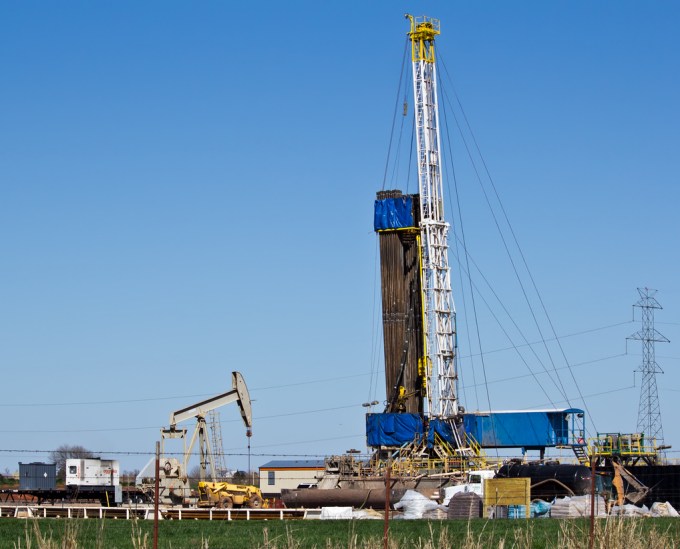Drilling for shale gas could devastate wildlife habitats, according to a new study from anti-fracking groups in the UK including the National Trust and Royal Society for the Protection of Birds (RSPB). The report has received support from a number of MPs in the UK from different parties as well as the Centre for Ecology and Hydrology.
The report’s concern lies mostly with the effects on water, such as groundwater and surface water contamination, along with species disturbance and habitat loss and fragmentation. The findings call for new regulations on fracking.
“The potential for environmental impacts depends on many variables. These are most notably the geology of the area being drilled, the depth of well, the operational practices, chemicals and equipment being used, and the proximity of groundwater, surface water and sensitive habitats and species,” the study’s findings said. The report (PDF) suggests a number of no-frack zones across the UK that are most at risk.
“We would like the country’s most special sites to be frack free,” said the RSPB’s head of energy and climate change Harry Huyton when speaking with the BBC. “We think that’s the reasonable thing to do at the outset of this industry. These areas are very special and also very vulnerable to disturbance and pollution. Why not, from the beginning, say that these areas are out of bounds.”
Currently, in order to commence fracking in the EU, the industry needs to comply with 17 European Directives and in the UK, there are nine separate environmental permits that are needed along with agreeing on a number of social issues with people in the locality of the proposed well. Despite these hurdles, the fracking industry is growing in the UK with the government potentially allowing for the doubling of those operations.
The anti-fracking reports come soon after another damning report in the US that claimed fracking pollution has adverse effects on pregnant women.








